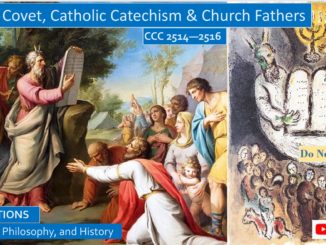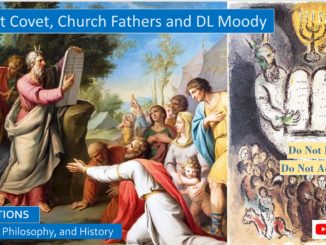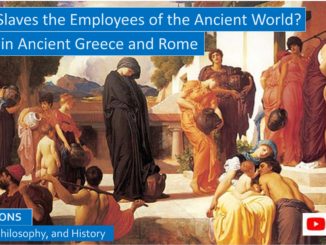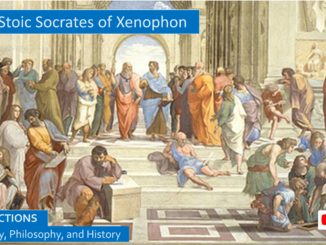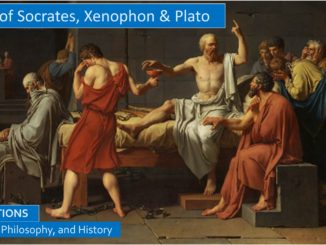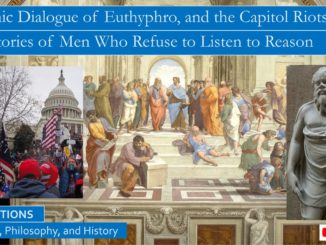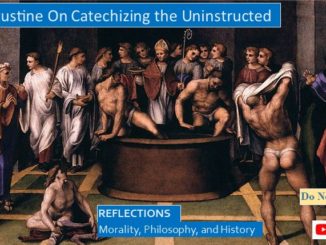
St Augustine on Catechizing the Uninstructed, Blog 1
In all his writings St Augustine reminds us that the core of our faith is the commands to Love God with all of our heart and with all of our soul and with all of our mind and with all of our strength, and to love our neighbor as ourselves. In this work on catechesis St Augustine teaches that the vice that ruins love, the vice that is the enemy of love is envy, and that the mother of envy is pride. This section is referenced in the Catholic Catechism teaching on the Commandment, Do Not Covet. […]

